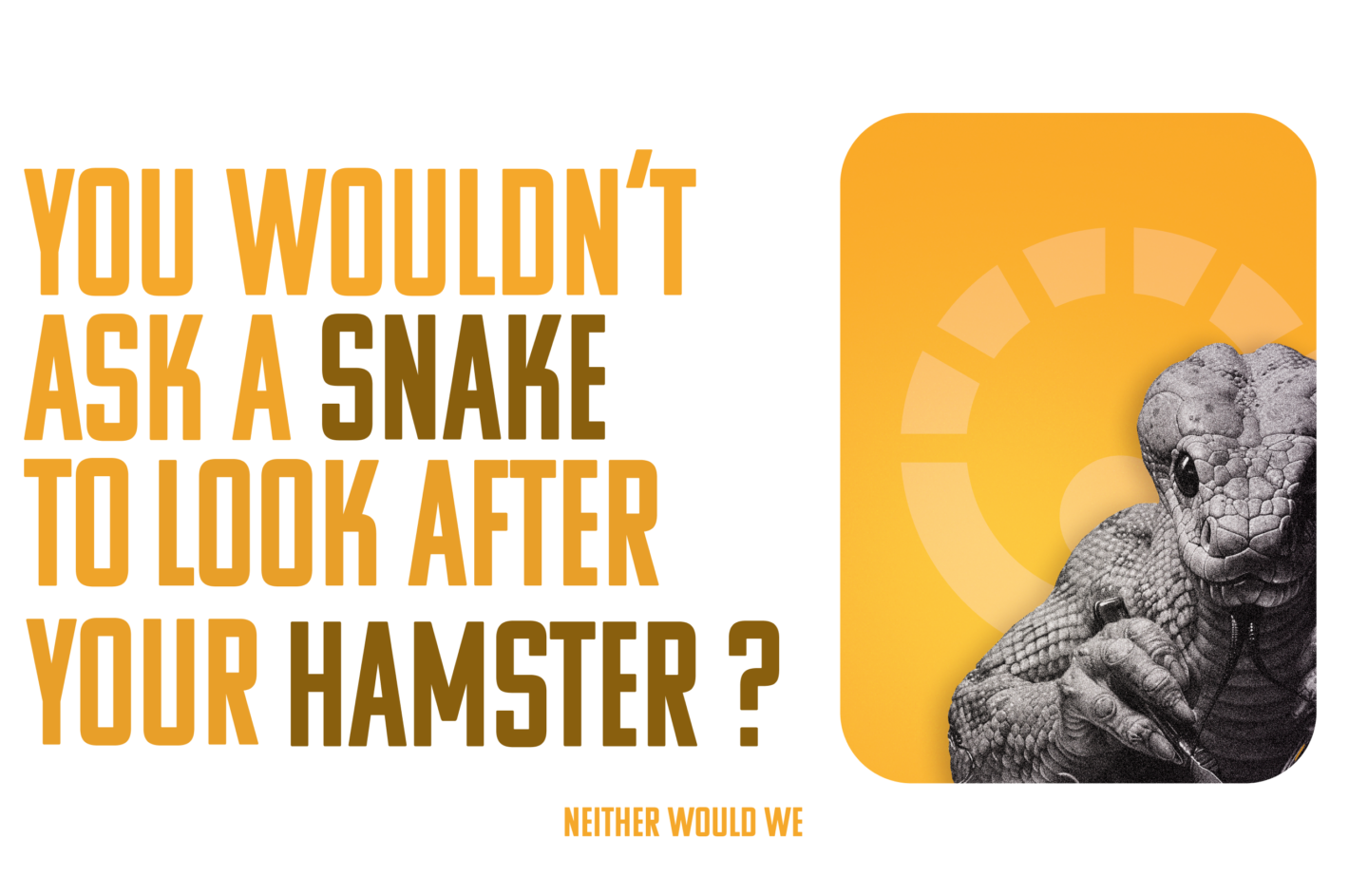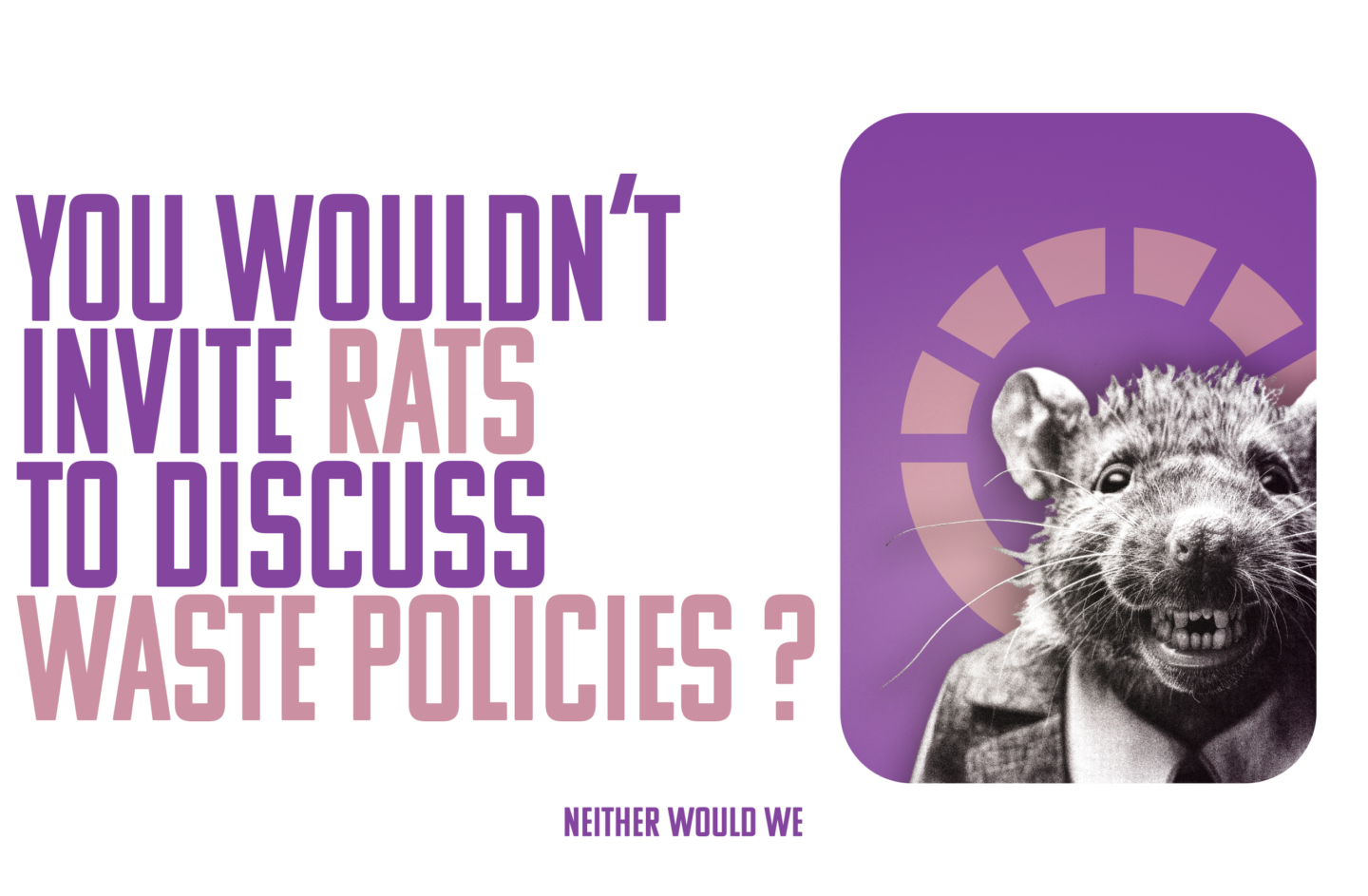











The main goal of the FILTERED Project (From sILos To synErgies to pRevEnt ncDs) is to stimulate collaborative advocacy, health promotion, action and accountability at European and national level, including in Ukraine, for the prevention of NCDs among civil society organisations specialised in advocacy linked to the reduction of alcohol-related harm, tobacco control and the reduction of the consumption of unhealthy foods and drinks.
The FILTERED project will strengthen cooperation between all Partners and other stakeholders to foster a co-creative approach and mutually beneficial partnerships, coalitions and strategic alliances in a culture of mutual learning, enrichment and respect to address the complex problems related to an integrated approach to tackling the main risk factors of NCDs (alcohol, tobacco and unhealthy foods and drinks).
All the activities of this project are based on transversal actions suggested in Europe’s Beating Cancer Plan and its implementation road map and the EU “Healthier Together” NCD initiative, as well as the WHO Best Buys and other WHO recommended policy interventions to address non communicable diseases (NCDs).
This project pays particular attention to the EU’s main policy interventions to address some of the main risk factors for NCDs (specifically tobacco, alcohol and unhealthy foods and drinks) and their impact on key NCDs, including cardio vascular diseases, diabetes and cancer. By tackling NCDs risk factors in a joined-upway, the unique and innovative character of this project includes new evidence for working together, peer-to-peer connections, capacity building capacity programmes, national debates and high-impact events.
FACT: Health must be protected from industry interference
Every year, four products—tobacco, alcohol, unhealthy foods and beverages, and fossil fuels—cause 2.7 million deaths in Europe. This is equivalent to losing the entire population of Lithuania annually.
Governments know how to reduce this burden. However, industries’ lobbying and interference in policymaking lead to blocked, weakened, or delayed policies, allowing unhealthy products to continue being sold at levels that fuel the growing burden of NCDs.
This is a clear conflict of interest.
Health-harming industries representatives are not public health stakeholders.
When dealing with health-harming industries or those working to further their interests, policy-makers should make sure these interactions are accountable and transparent.
It’s time to prioritise people’s health over corporate profits.
FACT : Prevention pays out
Non-communicable diseases (NCDs) account for 90% of deaths in Europe and hurt both health and the economy. Without action, their financial burden will be increasing, destabilising EU Member States.
In EU Member States, less than 3% of health spending goes to prevention of NCDs, yet research shows a 14:1 return for every euro invested in prevention.
Effective strategies to prevent avoidable NCDs create healthier environments for everyone. The WHO NCD Best Buys offer cost-effective solutions, including:
These recommendations are intended for EU policy-makers, as well as government officials, representatives and employees of any national, state, provincial, municipal, local or other institution or body within the jurisdiction of a country, and for any person acting on their behalf. All branches of government (executive, legislative, and judiciary) responsible for setting and implementing public health policies, and protecting those policies from health-harming interests, should be held accountable.
Health-harming industries conduct activities described as socially responsible to distance their image from the harmful nature of the products they produce and sell. These so-called “socially responsible” activities are marketing and public relations strategies.